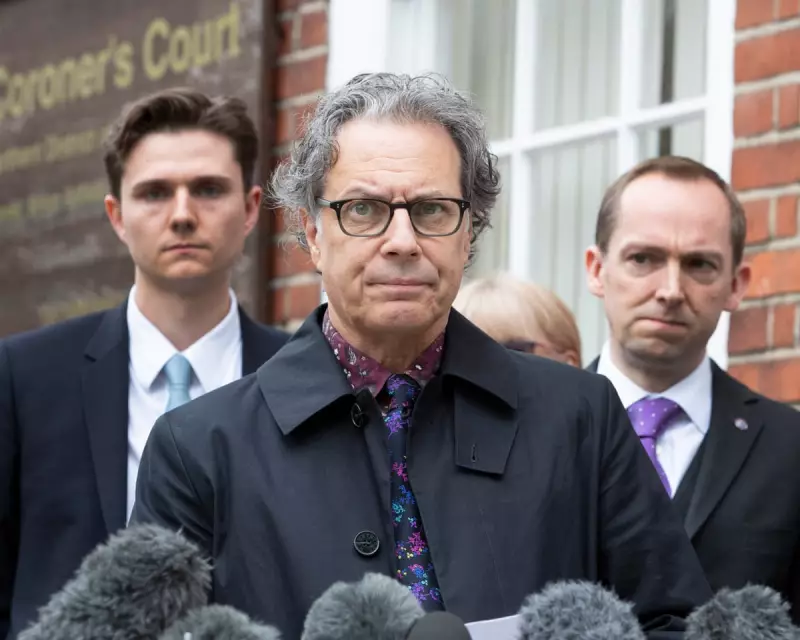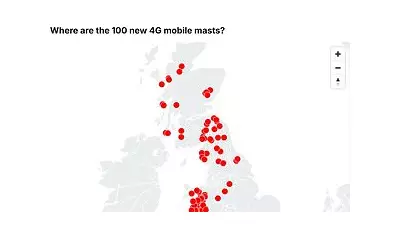
The father of a British teenager who took her own life after being exposed to harmful online material has publicly declared he has lost faith in the UK's communications watchdog and is demanding a change in its leadership.
A Father's Campaign for Change
Ian Russell's 14-year-old daughter, Molly, died in 2017. A subsequent inquest concluded that she died while suffering from the 'negative effects of online content'. Since this tragedy, Mr Russell has become a prominent campaigner for internet safety.
He has now told the Guardian that he has lost confidence in the current leadership at Ofcom. He alleges the regulator has 'repeatedly' failed to grasp the urgency of protecting under-18s online and is not wielding its new powers under the Online Safety Act (OSA) with sufficient force.
Delays and Investigative Failures
Mr Russell's criticism coincides with concerns raised by the Technology Secretary, Liz Kendall, who wrote to Ofcom expressing she was 'deeply concerned' about delays in implementing parts of the landmark OSA.
To illustrate his point, Russell cited a specific case from last year when he raised concerns with Ofcom's chief executive, Melanie Dawes, about a suicide forum accessible to UK users. While Ofcom eventually opened an investigation after gaining its new OSA powers, and the site geo-blocked UK users, Russell stated the probe then appeared to 'stall'.
The situation escalated this month when it was discovered the forum remained available in the UK via a previously undetected 'mirror site'. 'If Ofcom can't deal with something as black and white, cut and dried as that, you have to question what else they can deal with,' Russell said.
In response, Ofcom stated it had constantly monitored the original geo-block but only became aware of the mirror site, which operated under a completely different domain name, this month.
Pushing for Greater Transparency
Separately, the Molly Rose Foundation, a charity established by Molly's family, has submitted a letter to the government calling for a significant legal expansion. The letter, signed by over 40 individuals and groups including Bereaved Families for Online Safety and Meta whistleblower Arturo Béjar, urges ministers to extend a proposed 'duty of candour' for public officials to include technology companies.
This change, they argue, would force tech firms to act transparently and provide evidence proactively during investigations, such as inquests, preventing the delays experienced in Molly's case due to wrangles with Meta over evidence submission.
A government spokesperson highlighted that the Online Safety Act already supports coroners by compelling companies to share data where a link between a child's death and social media is suspected, and that coroners now have the power to request data preservation.
Ofcom defended its record, pointing to achievements like age checks on pornography sites and a crackdown on child sexual abuse material. A spokesperson said, 'We are working with urgency to drive tech firms to deliver a safer life online for children and adults in the UK, and while the job is not done, change is happening.'





